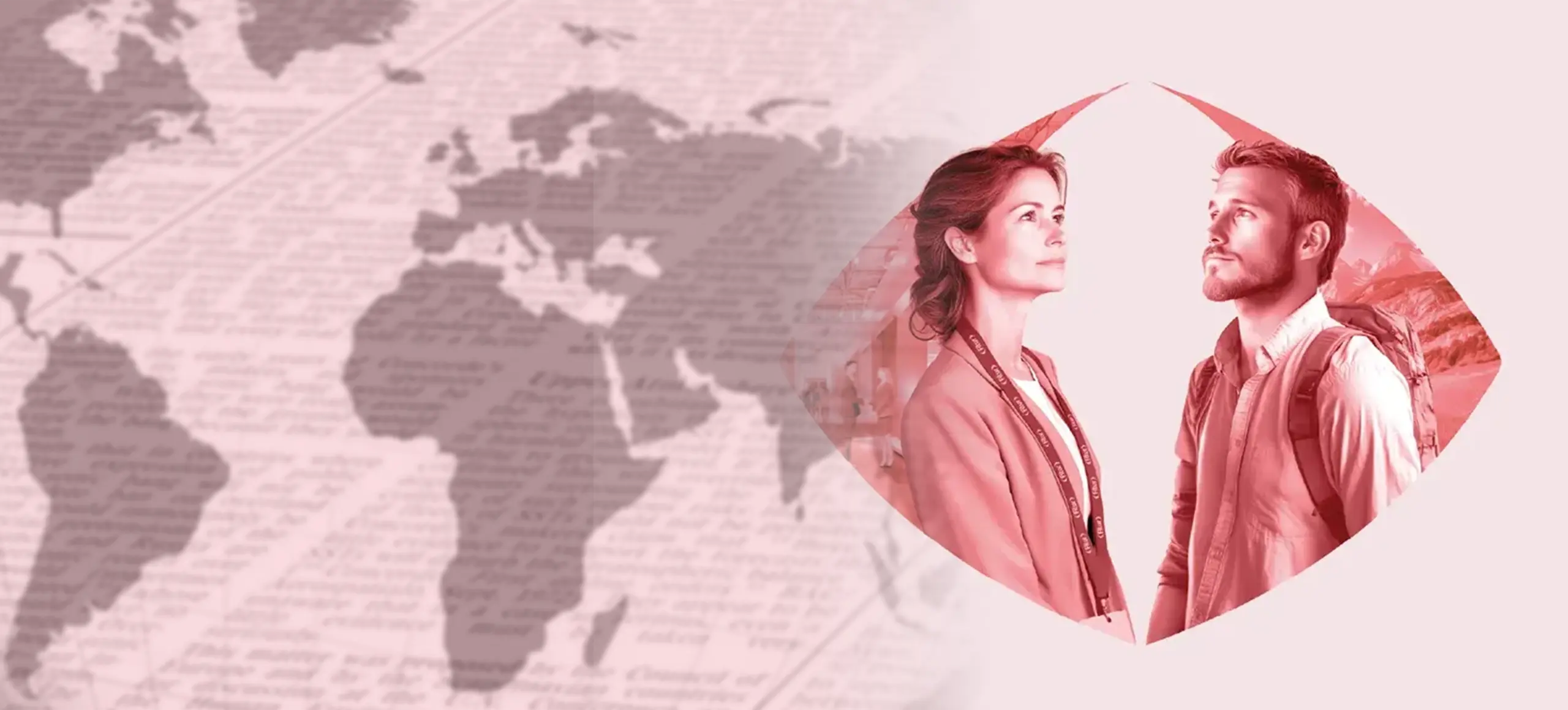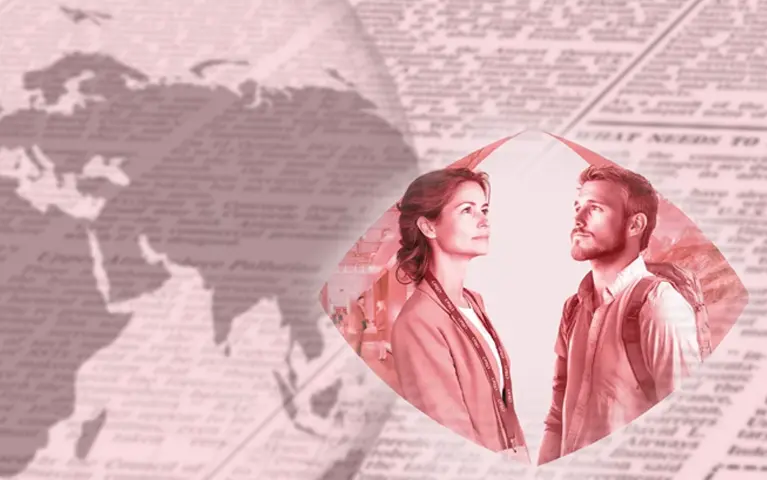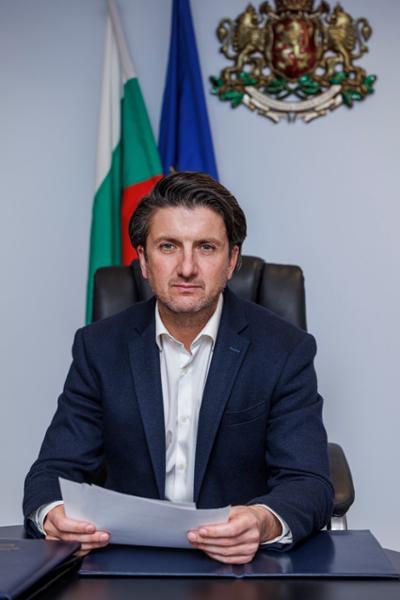

Miroslav Borshosh: Bulgaria to present sustainable tourism and year-round travel at FITUR
"Bulgaria's participation in FITUR is key to strengthening and consolidating our position in the Spanish and Latin American markets," says Bulgarian Minister of Tourism Miroslav Borshosh. "Every year we register great interest from trade fair visitors at the Bulgarian national stand. The same is true for Bulgarian tourism companies and municipalities, which have shown increasing enthusiasm to participate in recent years." At FITUR 2026 Bulgaria will be presenting "an even more varied offer, focused on sustainable tourism, cultural and historical routes and year-round travel".
How important is the tourism sector for Bulgaria and what percentage of GDP does it represent?
The tourism sector is strategic for Bulgaria, as it has a huge potential to contribute to our regional economic development. The country's favourable geographical location and diverse tourism offer allow the industry to generate employment. The State works actively and supports the efforts of local authorities, collaborating in the international positioning of the destination.
With Bulgaria's adhesion to the Schengen area, our country has established itself as a safe destination. We expect increased interest from Western European tourists, who will discover the richness of our culture, nature and hospitality. Entry into the Eurozone will also have a positive impact. This is not only an economic process: it is an opportunity to build a new identity for Bulgaria in the European and global context, which will bring more security, stability, flexibility and investment to the country.
Effective tourism management in this new reality will require coordinated efforts to achieve inclusive and balanced development between regions, an additional budgetary framework, as well as the creation of crisis management mechanisms and better connectivity between countries.
Bulgaria offers a wealth of tourist attractions, including historic cities, breathtaking nature and varied cuisine. What other niche markets do you plan to develop in the coming years?
The development of tourism in the different regions of Bulgaria is one of the key priorities in the Ministry of Tourism’s promotional strategy. For us, as a state institution, it is essential to ensure the country's visibility in both outbound and new target markets, promoting its diversity and authenticity, which are manifested in every Bulgarian city, municipality and village throughout the four seasons of the year.
At the same time, it is important to follow and be in tune with current global trends, which reflect new expectations in terms of tourism experiences, such as digitalisation, personalisation, uniqueness and ecological sustainability of the tourism products offered.
In addition to traditional beach and mountain destinations, Bulgaria is actively working on the development of cultural and wine tourism; wellness and SPA products; rural tourism and niche products such as adventure, ecotourism and event tourism. Bulgaria also offers many opportunities for event tourism, including festivals and sporting activities. An excellent example is that on 6-7 October 2025, Bulgaria is hosting the 9th UN Tourism Global Conference on Wine Tourism.
What other competitive advantages are you promoting?
Investments in the digitalisation of the tourism industry and the development of sustainable tourism models in the different Bulgarian regions are among the government's priorities. One example of this is that Bulgaria is already part of the Mastercard Tourism Innovation Hub, which will provide support in the analysis of transactional and mobility data related to the industry.
With the accession to the Eurozone, an increased interest in Bulgaria's preserved natural and cultural heritage is expected from new potential markets. Another great competitive advantage of our destination cannot be overemphasised: the excellent value for money of Bulgaria's varied tourist offer.
How many Bulgarian tourists visit Spain annually and how many Spanish tourists does Bulgaria receive?
Every year, around 105,000 Bulgarians choose Spain as a holiday or business trip destination. In 2024, Bulgaria welcomed more than 112,000 Spanish tourists. These figures confirm the growing trend of Spanish citizens' interest in Bulgaria as a preferred tourist destination. The Bulgarian cities most visited by Spanish tourists are Sofia, Plovdiv, Veliko Tarnovo and Burgas. These destinations stand out for their rich cultural and historical heritage and for having a modern tourist infrastructure that meets the expectations of the Spanish visitor.
How important is participation in FITUR for the Bulgarian tourism industry?
Bulgaria's participation in FITUR is key to strengthening and consolidating our position in the Spanish and Latin American markets. Every year we register great interest from trade fair visitors to the Bulgarian national stand. The same is true for Bulgarian tourism companies and municipalities, which have shown increasing enthusiasm to participate in recent years.
FITUR provides an excellent platform to establish contacts with international partners, present new products and reinforce Bulgaria's image as an attractive and competitive tourist destination.
Can you give us a preview of the proposals Bulgaria will be presenting at FITUR 2026?
At FITUR 2026 we will be showing an even more varied offer, focusing on sustainable tourism, cultural and historical routes and year-round travel. The focus will be on lesser-known but authentic Bulgarian regions, combining nature, culture and culinary traditions.
Here we have a key advantage over other destinations: Bulgaria is a country where the distances between towns are not great, so what seems like ‘a long way’ from the most popular tourist spots can actually be ‘very close’.





